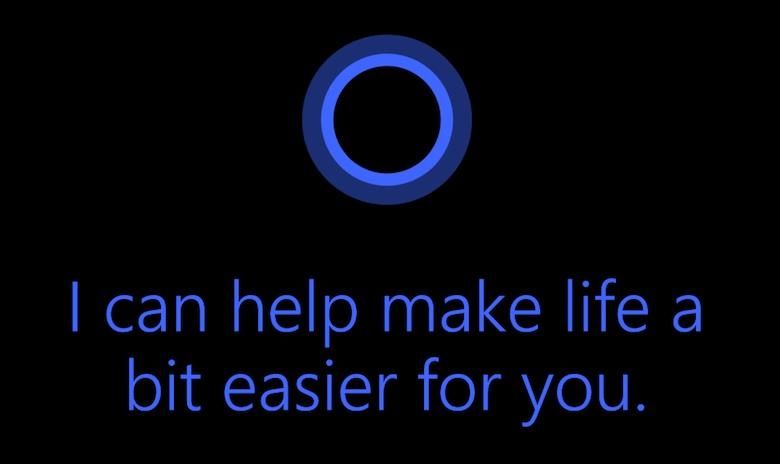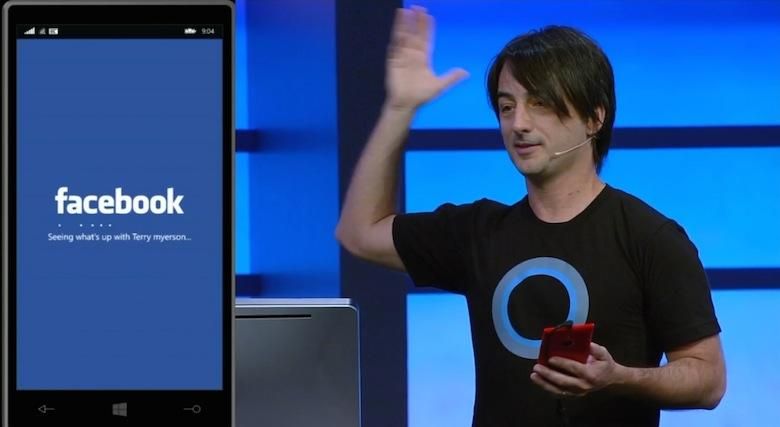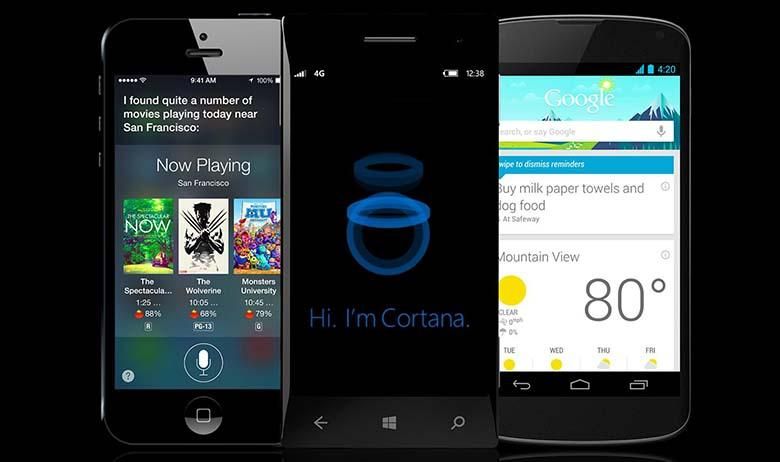Recently, a rumor came churning out of the mill suggesting that Microsoft might be developing Cortana for iOS and Android. Joe Levi opined earlier this week about what a good idea this was. Microsoft putting its software on as many devices as possible certainly does sound like a great thing on the face of it, but once you dig a little deeper, maybe live is not so rosy underneath the large orange visor.
Microsoft and Google have a…strained relationship. Google has stripped its services from Microsoft’s devices while at the same time improving its apps for iOS. Google has even gone so far as to cut off third party apps – apps that worked better than Google native Android offerings – from working on Windows Phone. Google has been quite the aggressor when it comes to Microsoft’s little platform that could. Now, Microsoft wants to return that favor by offering arguably its best asset to Google platform with its blessing. That doesn’t seem like a balanced relationship to me.
Incentive
Besides, Cortana is one of the main features that I like about Windows Phone and would probably be a contributing factor to my return. But if I can get the Cortana experience on my OnePlus One, then why wouldn’t I just use it there and why should I return to Windows Phone? I understand that Microsoft wants its software to be on as many devices as possible, but I’m not so sure I see Cortana as “just software” so much as it’s part of the Windows Phone experience.
Cortana was a necessary and well-executed step that kept Microsoft relevant in the industry. Google and Apple already had their digital assistants. Microsoft ~needed~ to make Cortana. The fact that it made Cortana great is just a bonus. But having said that, Google and Apple already have digital assistants built into their operating systems.
Not a level playing field
Google Now and Siri are both heavily integrated into their respective operating systems. So much so, that Cortana couldn’t compete on the same level as either one of them. Sure you could have your notebook and sports scores, but the ease with which Siri and Google Now (especially Google Now) are activated would pretty much make Cortana irrelevant on either platform. Maybe she’s more configurable and maybe she’s more personable, but you have to launch her as an app. I use Google Now and voice commands constantly while on an Android phone, but I never use the Google app on my iPad, why would I? Siri can answer my questions just as well most of the time. The same is true on Android with Cortana.
Honestly, if Microsoft has a bunch of developers sitting around bored, they could use them to improve the Microsoft Office experience on their own tablets before sending them on a fool’s errand to put ~a second~ digital assistant onto platforms that already have a digital assistants. I could think of a lot of much better uses of resources if we’re going to go there.
Microsoft could stand to optimize a number of different services on all three platforms rather than devote the time and money to bringing Cortana to Android and/or iOS. I’m not even sure that Android users would or could get the most use out of it. It just seems like a silly proposition devised simply to fulfill a long-ago goal of “Microsoft software on every desk.”
Extra steps
Finally, I’m not sure how deeply the integration into another device could go. Would Cortana basically be just an app that would have to be launched? Perhaps a widget might make more sense. But however it’s done, it almost certainly won’t be easier than saying “OK Google” or long pressing the home button for Siri. Sure, it might be more personable, but I just have trouble seeing the value here.
What do you think? Some of you already sounded off in Joe’s piece on the matter, but let’s hear from you here. If you’re a Windows Phone user, does this make you mad? If you’re and Android user, does it make you salivate? Will Cortana actually be useful to you, or will it be just another app on your smartphone? Or worse, will it be another app you don’t have on your smartphone. Sound off below with your thoughts and lets see if Microsoft is listening like a plugged in iPad.



